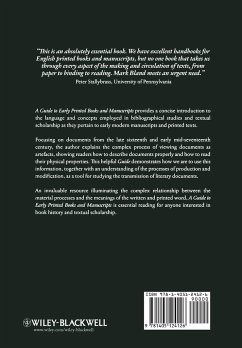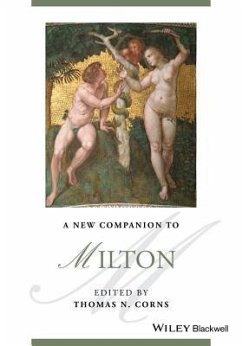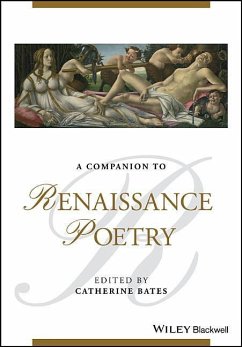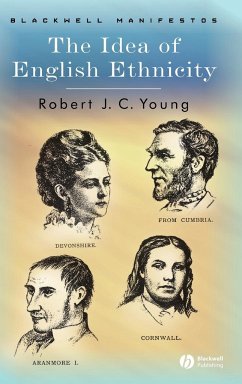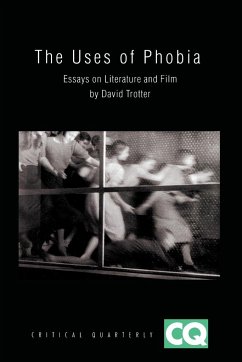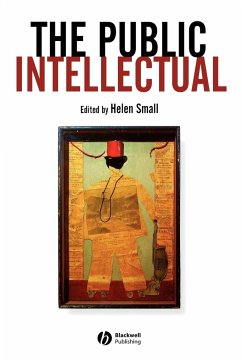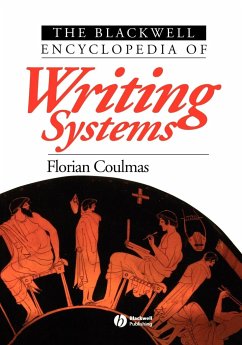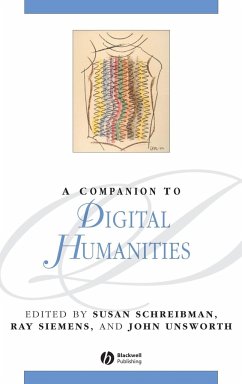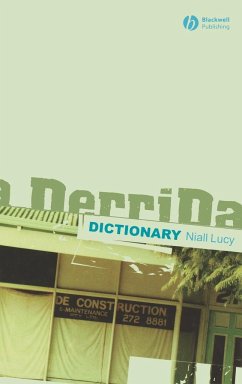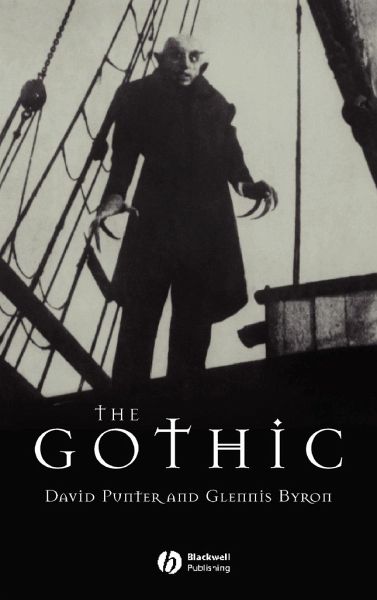
The Gothic
Versandkostenfrei!
Versandfertig in über 4 Wochen
133,99 €
inkl. MwSt.

PAYBACK Punkte
67 °P sammeln!
This guide provides an overview of the most significant issues and debates in Gothic studies. The guide is divided into four parts: * The opening section explains the origins and development of the term 'Gothic', considers the particular features of the Gothic within specific periods, and explores its evolution in both literary and non-literary forms, such as art, architecture and film. * The following section contains extended entries on major writers of the Gothic, pointing to the most significant features of their work. * The third section features authoritative readings of key works, rangi...
This guide provides an overview of the most significant issues and debates in Gothic studies. The guide is divided into four parts: * The opening section explains the origins and development of the term 'Gothic', considers the particular features of the Gothic within specific periods, and explores its evolution in both literary and non-literary forms, such as art, architecture and film. * The following section contains extended entries on major writers of the Gothic, pointing to the most significant features of their work. * The third section features authoritative readings of key works, ranging from Horace Walpole's The Castle of Otranto to Bret Easton Ellis's American Psycho. * Finally, the text considers recurrent concerns of the Gothic such as persecution and paranoia, key motifs such as the haunted castle, and figures such as the vampire and the monster. Supplementary material includes a chronology of key Gothic texts, listing literature and film from 1757 to 2000, and a comprehensive guide to further reading.





